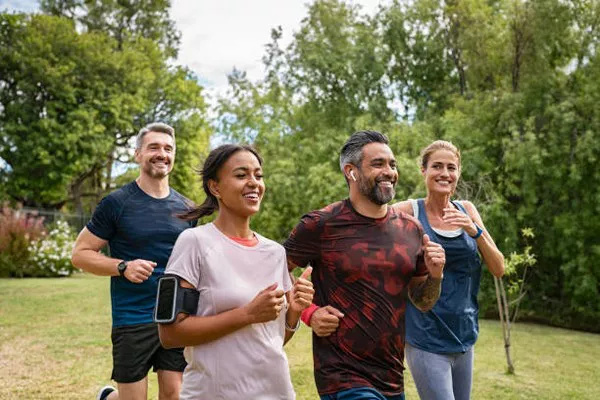A recent survey conducted by StyleSeat in the United States has shed light on a prevalent worry within the population regarding the repercussions of beauty filters on self-perception. The beauty and wellness booking platform engaged 700 American participants to assess the “Bold Glamour” filter, which promises a flawless visage, and subsequently questioned them about their sentiments towards the pervasive beauty filters found on social media platforms. The results of the study were unequivocal: three out of five respondents expressed reservations about the toll these filters exacted on their mental well-being, with a striking 70% harboring concerns that these filters could detrimentally affect their self-esteem.
Contrary to conventional assumptions, younger individuals do not demonstrate a stronger propensity for embracing beauty filters when posting images or videos on social media; in fact, they harbor as much apprehension, if not more, concerning their ramifications than other age groups. Nearly three-quarters of Generation Z respondents (72%) maintain that these filters harbor adverse effects on mental health. This concern is not without basis: these applications, often designed to manipulate users’ appearances in line with unrealistic beauty ideals, could potentially foster low self-esteem or even contribute to body dysmorphic disorder, characterized by an excessive preoccupation with nonexistent or minor physical flaws. The survey underscores that one in three Americans aspire to appear as they do under a beauty filter in real life.
With respect to this issue, Americans are increasingly preoccupied with the implications of beauty filters on the mental well-being of younger generations. While numerous social media platforms impose regulations and restrictions on younger users, particularly teenagers and those under the age of 16 (the precise age threshold varies based on the originating country), these stipulations do not extend to beauty filters. Consequently, one-third of Americans now advocate for age-related prerequisites for the use of beauty filters, while one-fifth advocate for an outright ban.
It is pivotal to acknowledge that beauty filters substantially transform appearances to conform to specific, often unattainable stereotypes: a flawless complexion, a refined nose, exquisitely contoured chin and cheekbones, and radiant eyes. This portrayal of beauty is starkly disconnected from reality, especially when considering the rich diversity of the global populace. Consequently, it is unsurprising that nearly 20% of the surveyed individuals reported diminished self-assurance after experiencing the “Bold Glamour” filter. Furthermore, a substantial majority (80%) already perceive this category of filter as an influencer of shifting beauty standards.
The correlation between social media, mental health, and self-esteem is an issue of concern not solely confined to the United States. This is evident from a survey commissioned by Dove in collaboration with Mental Health Europe and the e-Enfance association, conducted last spring by Edelman DXI. The survey, encompassing the general populace, parents, teenagers, and experts in youth mental health, underscores a mounting apprehension among healthcare professionals in France regarding the proliferation of filters. Over half of these professionals (52%) believe that content endorsing excessive filter use could contribute to feelings of anxiety, while an additional 44% highlight content portraying idealized or unrealistic bodies as potential sources of similar distress.

